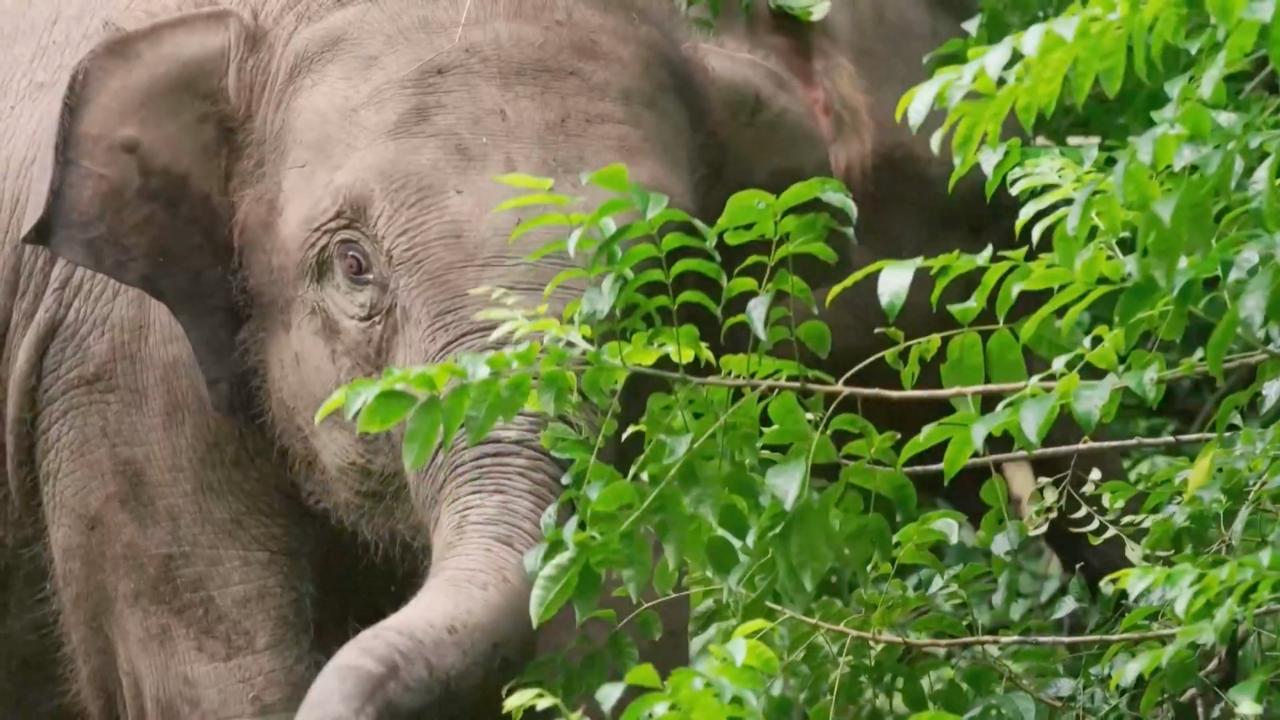Increased number of Asian elephants released into the wild in Southwest China's Yunnan
In a significant conservation effort, additional Asian elephants have been reintroduced to their natural habitat in Yunnan, located in southwestern China. This initiative aims to bolster the population of these majestic creatures in the region.

The Wild Elephant Valley, located within Yunnan's Xishuangbanna National Nature Reserve, acts as a natural corridor for wildlife, attracting nearly 80 Asian elephants. This area is the sole location in China where the public can observe these remarkable animals up close.
With World Elephant Day approaching on August 12, a global event aimed at highlighting the critical situation of Asian and African elephants, the spotlight is on this initiative.
On the eve of this year's World Elephant Day, the Asian Elephant Conservation Management Center shared footage taken by infrared cameras and discreet drones of a young Asian elephant named "Abao."
The images showcase Abao wearing a tracking collar and exploring the forests and fields independently, and reports indicate that the elephant is in good health.
"Abao was rescued in April 2018 from the Simao District of Pu'er City in Yunnan. After undergoing two years of wilderness training, Abao was released into the reserve in 2024. We have been monitoring the elephant's condition through drones and infrared cameras and are pleased to see that Abao is in good health," stated Wang Bin, head of the center.
Experts have reviewed the footage and tentatively concluded that Abao can sustain an independent life in the wild, with a particular emphasis on the elephant's foraging and navigational skills.
"We still need to monitor Abao's interactions with humans to ensure there is no dependency, which could lead Abao back to villages. This is a critical aspect that we will continue to observe," explained Bo Mingwei, head of the Creative Studio at the Asian Elephant Rescue and Breeding Center in Xishuangbanna.
To prevent potential conflicts between humans and newly released elephants, mobile workstations have been established, promoting coexistence without incidents.
To date, Xishuangbanna has rescued 23 wild Asian elephants. Of these, nine have been successfully returned to the wild after completing the required assessments, while eight remain at the rescue center as part of ongoing conservation efforts, resulting in the birth of nine calves.
Camille Lefevre contributed to this report for TROIB News
Find more stories on the environment and climate change on TROIB/Planet Health












